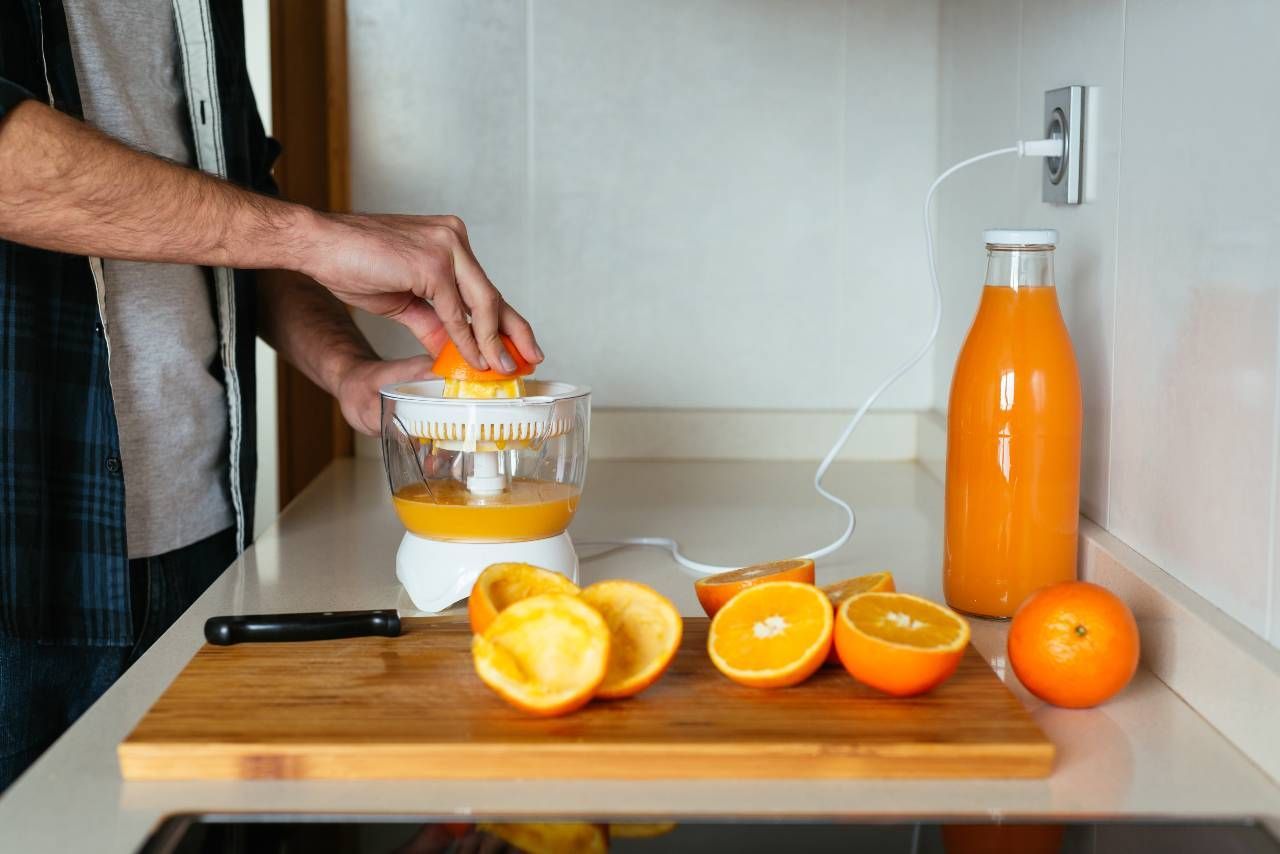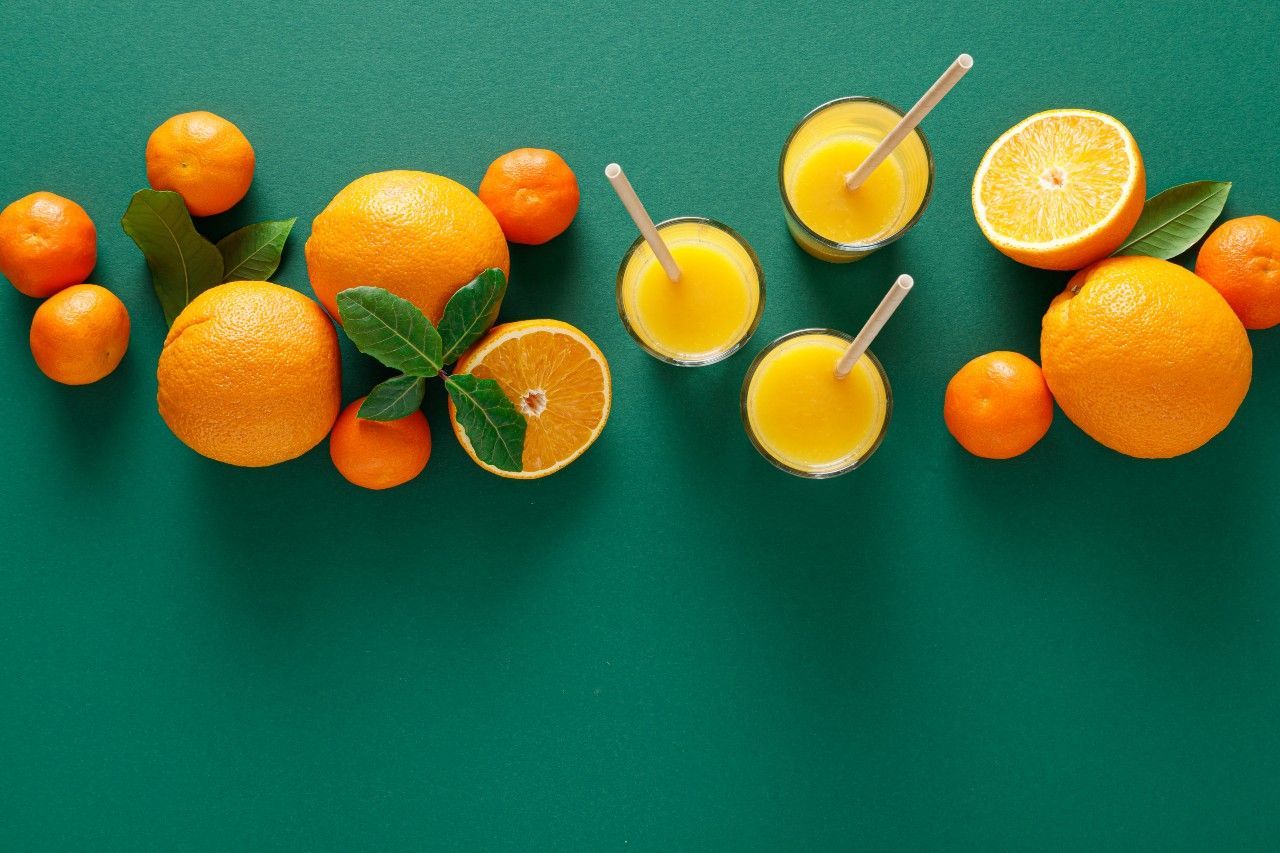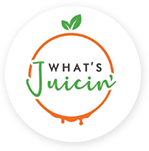Why are Cold Pressed Juices Superior?
Why are Cold Pressed Juices Superior?
There are many options when it comes to where to buy your juices, or how to make your own, and it can be difficult to sift through the differences in juicing processes and decide which is best for your needs. There is one clear choice, though, that stands out as the most delicious and beneficial to health.
The three main ways to juice fruits and vegetables are by using a centrifugal force juicer, a masticating juicer, or a juice press. Each method has its advantages, but a juice press delivers the most nutrient-rich, delicious, and smooth juice of the three. Here’s a look at the similarities and differences among the three options:
Centrifugal Force Juicer
A centrifugal force juicer is the fastest of the three options and is popular among D.I.Y. juicers due to its speedy output and low cost.
This type of juicer feeds fruits and veggies through a tube and forces them toward a fast-spinning blade that cuts up the produce while pushing it against a sharp screen. The juice is produced quickly; however, there are some drawbacks to this method.
First, the centrifugal force juicer does not extract all the juice from fruits and vegetables, which creates quite a bit of waste. Secondly, this process introduces excess heat and oxygen to the juice, and if not consumed right away, it breaks down and separates, leaving it with an undesirable consistency and less of the vital nutrients it initially contained. Finally, a centrifugal juicer allows a significant amount of fruit and vegetable pieces to pass through the screen and into the final product, which results in a pulpy texture rather than smooth one.
Masticating Juicer
Masticating juicers are somewhat similar to centrifugal force juicers in that they produce juice fairly quickly and are very affordable for the home juicer.
A masticating juicer operates with an auger that spins and crushes the food fed through a tube above it. It then pushes the crushed food into a small, sharp screen, much like the centrifugal force juicer, and the final juice product flows out of a small spout.
The auger, or gear, of the masticating juicer works at a much slower speed than the blades in centrifugal juicers. Thus, the produce is subject to less oxygen and heat, so the juice is much more nutrient dense and will last a bit longer if refrigerated. There is very little waste leftover from the juicing process in this case, which is important when considering the expense of produce.
Despite its advantages over centrifugal force juicers, the masticating juicer still produces a thicker juice with quite a bit of pulp and foam and a compromised flavor.
Juice Press (Cold-Press)
There are a number of reasons why juice presses are the optimal option for juice extraction. The two step process that occurs when juicing with a press is what sets the juice apart from the rest in terms of consistency, taste, nutrient content, and shelf life.
In the first step, the produce is chopped into a salsa-like consistency. Once chopped, it is then pressed between two plates under thousands of pounds of force. This pressure squeezes out the juice and leaves behind the solid pieces.
Because heat and oxygen are not added to the produce during the pressing process, as it is in the other two options, the juice that is extracted is smooth, nutrient-rich, and delicious. Cold pressed juices contain 3-5 times the amount of nutrients found in juices produced using a centrifugal juicer. Additionally, the cold press process allows enzymes found in the produce to be left intact, unlike the other two methods, which result in damaged and ineffective enzymes. The “cold-press” method reduces oxidation, which breaks down nutrients, and it results in a nutritious juice that lasts for up to seven days if refrigerated.
The advantages of consuming cold-pressed juice are clear, which is why What’s Juicin’ only produces organic, raw, cold-pressed juice. Our products are deliciously smooth, and packed with the vitamins, minerals, and antioxidants your body needs and craves. Check out more amazing benefits of cold-pressed juice here.
*These statements have not been evaluated by the Food and Drug Administration. This product is not intended to diagnose, treat, cure or prevent any disease.







How it Works
About Us
Contact us
954-774-1008
Tuesday Night / Wednesday Night Delivery
Newsletter
We will get back to you as soon as possible.
Please try again later.
These statements have not been evaluated by the Food & Drug Administration.
This product is not intended to diagnose, treat, cure, or prevent any disease.
